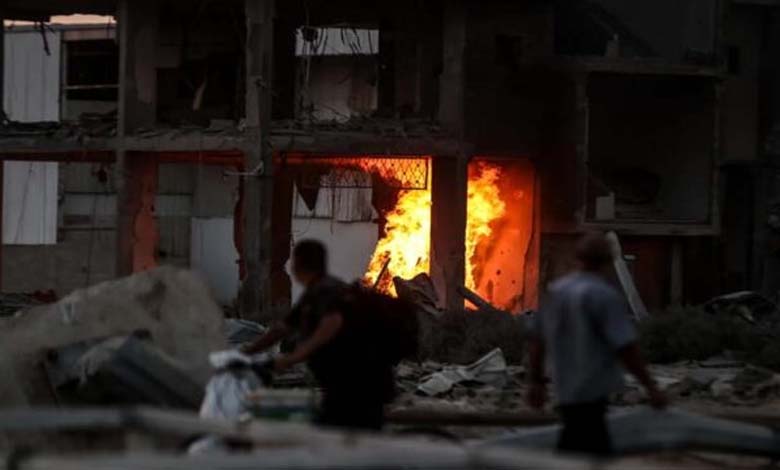Middle east
Israeli raids on Gaza: the heaviest loss of life in a single night since the ceasefire

The night of Tuesday to Wednesday saw the highest number of fatalities recorded in a single night in the Gaza Strip since the ceasefire came into effect on October 10. The Israeli army struck several targets in the enclave after Prime Minister Benjamin Netanyahu ordered immediate strikes, accusing Hamas of violating the truce agreement brokered by the United States.
-
The situation in Gaza is worsening as Israeli airstrikes continue, and communication with the residents of the strip remains cut off
-
Hamas attacks Gazans to evict them from their homes and strip them of their land
The Palestinian news agency Wafa reported 91 deaths, including women and children, in the strikes carried out from Tuesday evening until 8:00 a.m. on Wednesday. Medical sources at hospitals in the Gaza Strip specified that the documented death toll reached 91, distributed as follows: 31 in the north of the territory, 42 in the center, and 18 in the south. Authorities indicated that the death toll could rise further due to the large number of critically injured and the ongoing search for people buried under the rubble.
In the latest developments, Israeli warplanes carried out airstrikes on the cities of Gaza and Deir al-Balah, in the northern and central parts of the Gaza Strip, resulting in several more deaths and injuries. The Israeli military also announced the death of a soldier during clashes in the southern part of the enclave. US President Donald Trump expressed his support for the Israeli strikes while maintaining that they did not jeopardize the ceasefire. “The ceasefire in Gaza is not in danger after the Israeli strikes,” he told reporters aboard Air Force One. “Nothing threatens the ceasefire in Gaza.
They killed an Israeli soldier, and so the Israelis retaliated—they had to react.” When that happens, they must respond. Israel has the right to retaliate.












